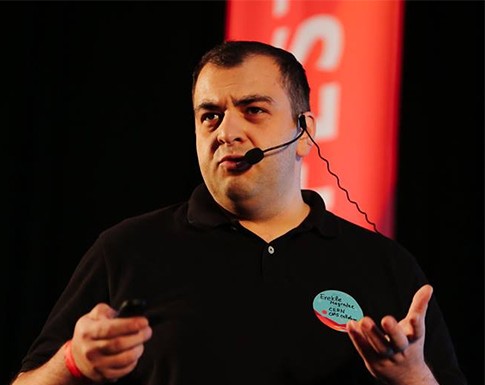
After successful graduation of Bachelor’s program of Ivane Javakhishvili Tbilisi State University, with the qualification of Applied Mathematics, in 2006, Erekle Magradze joined Master’s program in Information Technologies, Mathematical Modeling and Statistics at Sokhumi State University. Topic of his Master’s thesis was “Application of Fuzzy Sets Theory and Feature Analysis For Decision Making Systems”, which has been successfully defended in 2009.
From 2008 he was involved in ATLAS experiment on LHC (Large Hadron Collider) at CERN (Geneva, Switzerland). His main activities were related to the adaptation of ATLAS experiment main software system components responsible for Tile Calorimeter part of the ATLAS detector system, later he also contributed in automation of ATLAS experiment computing infrastructure operations automation. From 2011 Erekle Magradze was accepted on joint PhD program at, II Physics Institute Georg-August University of Goettingen, Germany and GWDG (Gesellschaft für wissenschaftliche Datenverarbeitung mbH Göttingen). He successfully graduated doctoral studies in 2016, the topic of the doctoral thesis was “Monitoring and Optimization of ATLAS Tier 2 center GoeGrid”. Main scope of the doctoral research was application of Machine Learning techniques, in particular Fuzzy Inference System and Artificial Neural Networks for large computing facilities monitoring data analysis, automatic service degradation prediction and service failure root cause analysis. During the research process Erekle Magradze’s PhD topic has been acknowledged on several thematic international conferences.
In 2015 Erekle Magradze joined Smart Data Innovation Lab project at Steinbuch Center for Computing of Karlsruhe Institute of Technology, Germany. His post doctoral research was related to the data analysis of small and medium size businesses for evaluation of their data potential for moving towards the Industry 4.0 systems.
In 2017 Erekle Magradze joined German IoT start-up company, Recogizer Group GmbH, where he gained knowledge and hands on experience in Big Data systems and DevOps technologies. In 2018 he returned in Georgia and joined Ilia State University as Associated Professor at the school of Business, Technology and Education. Since January 2019 he joined San Diego State University Georgia STEM programs in the direction of Computer Science programs.
His areas of interest are AI and Machine Learning Technologies, Big Data Systems, DevOps and DataOps Technologies and high available distributed computing and data storage systems.
